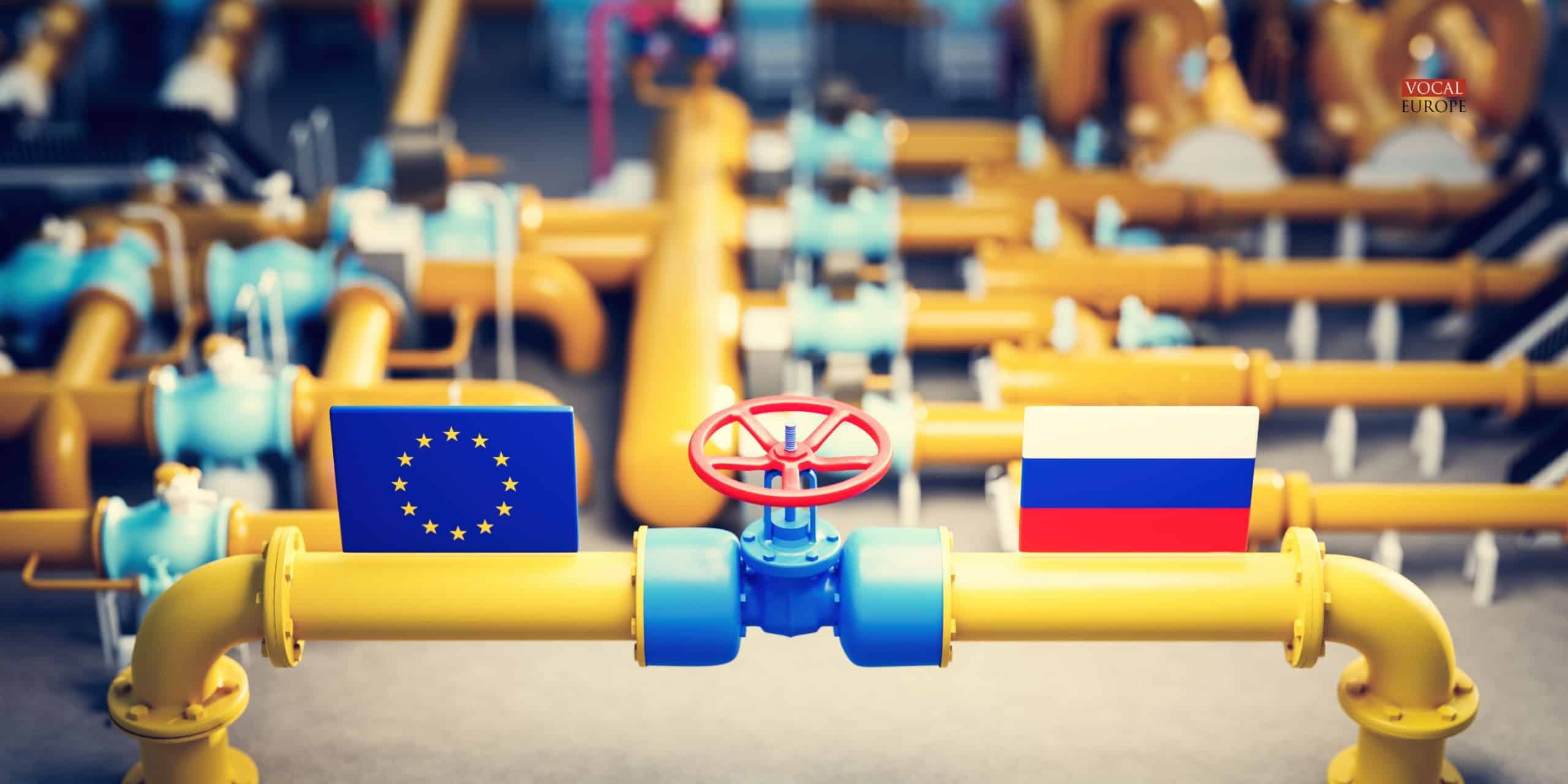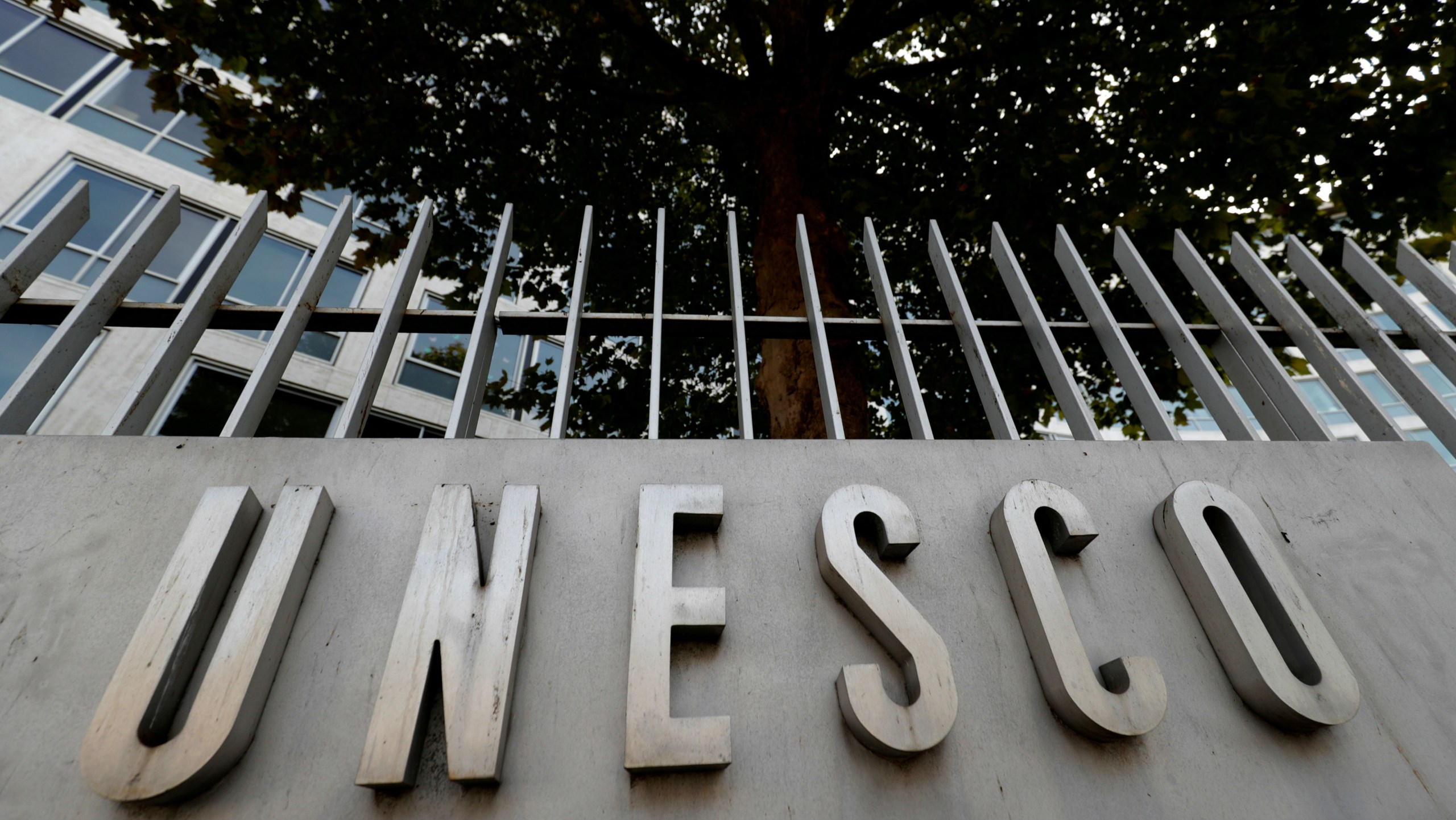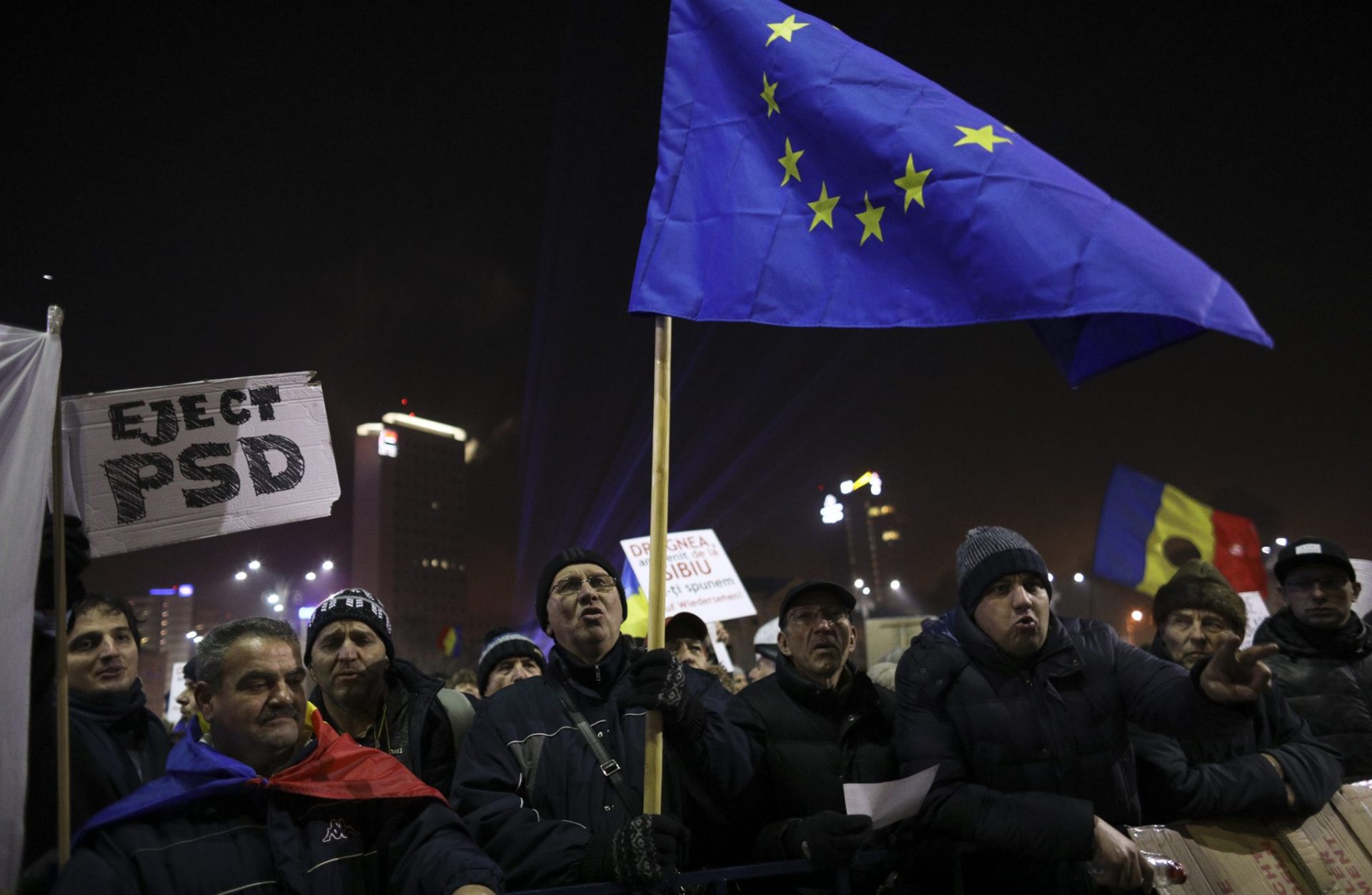
The words of the UN Secretary-General, Antonio Guterres, outline the “impact [of the war in Ukraine] on food security, energy and finance [as] systemic, severe, and speeding up.”[1] Indeed, the outbreak of the war on February 24th 2022[2] had adverse effects on the energy sector; energy prices rose, and energy security concerns deepened.
In the present-day crisis, the words of the Lord of the Admiralty Winston Churchill “safety and certainty in oil lies in variety and variety alone” gain relevance. Indeed, as disruptions and reduced flows of natural gas hit several Member States, the danger of dependency on a single supplier highlights the importance of geographical variety, as well as the variety of energy sources.
Framing the EU Dependence on Russian Energy Commodities
As the EU Member States do not produce sufficient energy to meet their actual consumption needs, they have to rely on imports from other countries. Among the EU energy trading partners, Russia establishes itself as the main provider of energy commodities. As is exemplified by the data for 2020; Russia supplied 43% of natural gas, 54% of solid fossil fuels, and 29% of crude oil to the EU.[3] The import dependency on Russia varies among member states based on their energy mix and demand and the weight of other suppliers. There are countries which rely heavily on Russian supplies, for instance, Lithuania (96.1%), Slovakia (57.3%) and Hungary (54.2%), whereas for other countries imports from Russia are marginal, for instance, Cyprus (1.7%), Ireland (3.2%) and Luxemburg (4.3%).[4]
The effects of the war in Ukraine on the energy sector have drawn attention to the EU widespread and deep-rooted dependence on a single supplier and a poorly varied basket of alternative partners. Once again concerns are generated by an energy crisis originating from hardships in the relationship between Russia and Ukraine. In 2006 and 2009, as a consequence of their disputes, some European countries experienced a reduction in the flow of natural gas.[5] The response of the EU was to take measures to “[realise] an interconnected and integrated internal energy market”[6] as well as diversification of routes, sources and suppliers.
Despite these efforts, as noted by the Secretary General of Nato, Jens Stoltenberg, “the war in Ukraine shows [again] the danger of being too dependent on commodities”[7] from a single supplier. Indeed, since February 2022 the situation unfolded dramatically, energy was caught in the crossfire amidst European sanctions and the Russian response. For instance, the refusal of Poland and Bulgaria to pay deliveries of natural gas in rubles as required by Russia was met by a cut in their supplies in April,[8] whereas Germany and Italy experienced a reduction in flows in June; the former due to a technical problem, while the latter had no explanation.[9]
In May 2022, as a response to the international situation, the European Commission designed the REPowerEU plan, which goal is to reduce the dependence of the European Union on the imports of fossil fuels from Russia by diversifying the suppliers and focusing on the use of clean energy sources towards the achievement of a “more resilient energy system and a true Energy Union”.[10] In addition, the European Commission outlined the EU external energy engagement in a changing world. This strategy underlines the importance of replacing Russian sources with alternative suppliers of liquefied natural gas (LNG), pipeline gas, renewable energy sources, and hydrogen.
How to Break Free from Russian Dependency?
The EU and its Member States acted diplomatically to address the crisis. The European Commission and the US “confirmed [their] strategic energy cooperation for security of energy supply”.[11] They pledged the creation of a Task Force on Energy Security, which among other objectives, envisage the US commitment to deliver LNG to the EU at a minimum of 15 bcm in 2022 with a prospective increase in the following years, through both US exports and in cooperation with international partners.[12] Moreover, Canada and the European Commission expressed interest in advancing their cooperation to promote energy security and supplier diversification. In this regard, the Canada-EU energy security working group was created under the EU-Canada High Level Energy Dialogue. Their energy partnership has the aim of bringing Canadian renewable and low-carbon hydrogen to the EU,[13] and exports of LNG when facilities will be functioning.[14]
Moreover, the EU energy security can be boosted by strengthening the role of the south Mediterranean region. The crisis revived the EU-Algerian energy dialogue; Algeria expressed interest in supplying additional quantities of gas to Europe, for instance, by exploiting the unused capacity of the Transmed pipeline and by rising LNG shipments.[15] However, it has to be noted that Algeria values its relationship with Russia, considering the fact that it is the third-largest weapon importer from Russia.[16] Moreover, on June 15th 2022, the EU concluded a trilateral agreement with Egypt and Israel. These two “reliable and strategic partners” will cooperate to bring Israeli gas through Egyptian LNG infrastructures.[17] Also, Member States harness their bilateral relations, Italy, for instance, deepened its ties with Angola and the Republic of Congo to augment imports of LNG.[18]
Additionally, in the Caspian region, Azerbaijan has the potential to become a major exporter of natural gas to the European countries by increasing the supply via the Southern Gas Corridor, provided the necessary investments and negotiations to raise production and expand the project.[19]
Furthermore, in line with the low-carbon energy transition, attention has been given to the role of hydrogen imports in partially replacing Russian gas. “Egypt is [considered] a crucial partner […] to move away from Russian fossil fuels and towards more reliable suppliers”.[20] Therefore, they will develop their cooperation through the Mediterranean Hydrogen Partnership, which encompasses the promotion of investments to produce renewable and low-carbon hydrogen together with the “construction of storage, transport and distribution infrastructure”.[21] Another significant player in the Mediterranean is Morocco, which “has significant potential to develop this new sector of the energy transition and can become a key supplier of green hydrogen”, according to the Netherlands Minister of Economic Affairs and Climate Action, Rob Jetten.[22] In addition, the EU would like to tap into the potential of the Gulf countries in the production and export of renewable energy sources, including hydrogen. The aim is to engage the Gulf countries in the Mediterranean Green Hydrogen Partnership.[23]
Furthermore, African countries have the potential “to be leaders in green energy production”.[24] The EU is planning to sign a Memorandum of Understanding with Namibia in November at the UN Climate Conference in Egypt.[25] In addition, Member States activated their bilateral diplomacy, for instance, Germany plans to “work […] with Senegal on […] energy from renewable sources, [as well as on] LNG”.[26] The Senegalese President, Macky Sall, said they are “thinking of [cooperating with Germany on] green hydrogen”.[27] exAlso, South Africa is interested in “[becaming] one of the key [partners] for hydrogen technology”, as stated by the South Africa’s President Matamela Cyril Ramaphosa.[28]
Moreover, “Australia is in a very strong position to be [a] supply source”[29] of green hydrogen to Europe. In March 2022, the German company E.ON signed a Memorandum of Understanding with the Australian company Fortescue Future Industries to “deliver 5 million tons of green hydrogen to Germany, the Netherlands, and multiple cities in Europe by 2030”.[30] In addition, “the EU counts on Japan as an ally in [its] efforts to stabilise the gas and oil markets and help Europe end its dependency on Russian fossil fuels”,[31] as stated by Commissioner for Energy Kadri Simson. Also, the EU hopes to sign a Memorandum of Cooperation on Hydrogen.[32]
The Demise of Russian Primacy as EU Exporters of Energy Commodities
The energy crisis that spurred as a consequence of the beginning of hostilities in Ukraine is having a transformational effect on the system of energy relations of the European Union and its Member States. Indeed, the perception of Russia as a “reliable supplier of natural gas”, as was prised by former German Chancellor Angela Merkel in 2015,[33]vhas been altered. Indeed, European Commission President Ursula von der Leyen affirmed that “the Kremlin has used [the EU] dependency on Russian fossil fuels to blackmail [its Member States]”.[34] As a consequence of the “Kremlin’s behaviour [the EU is strengthening its resolve] to break free of [its] dependency on Russian fossil fuels”.[35]
Consequently, the EU and its Member States are harnessing their diplomatic ties with countries around the globe to wean off their imports from Russia. Given the high degree of dependence on imports of Russian energy commodities, the EU needs to engage with several partners around the world to substitute Russian deliveries and scale back its dependence. These efforts will take time; they require negotiations on various issues, such as agreements on demand and prices, as well as it is essential to invest in the necessary infrastructures, for instance, pipelines, storage facilities, and LNG facilities.
External pressure to reduce dependency on Russian gas led the EU to take a drastic and game-changing decision. Russia will see its role as the predominant exporter of fossil fuels to the EU gradually fade away while other countries will enhance their partnership with the EU and its Member States. However, it remains to see whether Russia will take or not counter-measures.
________________________________
[1] https://www.ndtv.com/world-news/russia-ukraine-war-stop-the-war-un-chief-warns-impact-of-ukraine-war-on-world-is-wo rsening-3050819
[2] https://www.reuters.com/world/europe/putin-orders-military-operations-ukraine-demands-kyiv-forces-surrender-2022-02-2 4/
[3] https://ec.europa.eu/eurostat/cache/infographs/energy/bloc-2c.html
[4] https://ec.europa.eu/eurostat/statistics-explained/index.php?title=Energy_imports_from_Russia_-_statistics&oldid=556977 #Energy_mix_and_import_dependency
[5] https://www.oxfordenergy.org/publications/the-russian-ukrainian-gas-crisis-of-january-2006/; https://www.oxfordenergy. org/publications/the-russo-ukrainian-gas-dispute-of-january-2009-a-comprehensive-assessment/
[6] https://eur-lex.europa.eu/legal-content/EN/TXT/PDF/?uri=CELEX:52009SC0977&from=EN
[7] https://www.nato.int/cps/fr/natohq/opinions_197168.htm
[8] https://www.reuters.com/world/europe/russian-gas-supplies-poland-halted-polish-media-reports-2022-04-26/; https://www. forbes.com/sites/thebakersinstitute/2022/05/03/poland-and-bulgaria-gas-cutoff-closing-time-for-gazproms-eurozone-cash-flows/?sh=1f8ed8eb28d4
[9] https://www.ft.com/content/1e972cf5-f42b-4ed8-b81b-6969dd91ccfd
[10] https://eur-lex.europa.eu/legal-content/EN/TXT/?uri=COM%3A2022%3A230%3AFIN&qid=1653033742483
[11] https://ec.europa.eu/commission/presscorner/detail/en/STATEMENT_22_2041
[12] https://ec.europa.eu/commission/presscorner/detail/en/STATEMENT_22_2041
[13] https://irena.org/events/2022/Jun/Second-EU-Canada-Dialogue-on-Hydrogen
[14] https://www.reuters.com/business/energy/exclusive-canada-sees-repsol-lng-fastest-way-boost-gas-supply-europe-2022-06- 30/
[15] https://www.arabnews.com/node/2032761/business-economy; https://www.fairobserver.com/region/europe/francis-ghiles- iberian-peninsula-spain-europe-algeria-libya-european-union-gas-crisis-32902/
[16] https://theconversation.com/algeria-and-libya-are-unlikely-to-plug-europes-energy-gap-178791
[17] https://www.spglobal.com/commodityinsights/en/market-insights/latest-news/natural-gas/061522-ec-inks-trilateral-mou-fo r-supply-of-israeli-gas-to-europe-via-egypt
[18] https://www.energyvoice.com/oilandgas/africa/lng-africa/404735/italy-angola-gas-congo/
[19] https://www.spglobal.com/commodityinsights/en/market-insights/latest-news/electric-power/060622-azerbaijan-discussing -gas-supplies-to-new-european-buyers-as-war-rages-in-ukraine
[20] https://ec.europa.eu/commission/presscorner/detail/en/IP_22_3662
[21] https://ec.europa.eu/commission/presscorner/detail/en/IP_22_3662; https://ec.europa.eu/commission/presscorner/detail/en /statement_22_3703
[22] https://atalayar.com/en/content/europe-chooses-morocco-main-supplier-green-hydrogen
[23] https://eur-lex.europa.eu/legal-content/EN/ALL/?uri=JOIN:2022:13:FIN; https://ec.europa.eu/commission/presscorner/de tail/en/QANDA_22_3166
[24] https://www.euractiv.com/section/energy/news/eu-aims-to-make-africa-a-world-champion-in-hydrogen-exports/
[25] https://www.rfi.fr/en/international/20220704-eu-to-sign-hydrogen-deal-with-namibia-to-off-set-reliance-on-russian-energy
[26] https://www.bundesregierung.de/breg-de/aktuelles/pressekonferenz-von-bundeskanzler-scholz-mit-praesident-sall-am-22- mai-2022-in-dakar-2042350
[27] Ibidem
[28] https://energynews.biz/south-africa-wants-to-become-hydrogen-partner-for-germany/
[29] https://www.smh.com.au/politics/federal/europe-looks-to-australia-for-green-hydrogen-amid-energy-crisis-20220701-p5ay fk.html
[30] https://www.pv-magazine.com/2022/03/30/fortescue-e-on-sign-green-hydrogen-deal-for-europe/
[31] https://ec.europa.eu/info/news/eu-and-japan-underline-close-cooperation-energy-issues-2022-mar-25_en#:~:text=The%20 EU%20and%20Japan%20have,energy%20technologies%20and%20nuclear%20energy.
[32] Ibidem
[33] https://www.aa.com.tr/en/energy/natural-gas/merkel-praises-russia-as-reliable-gas-supplier/8645?amp=1
[34] https://www.eeas.europa.eu/delegations/israel/speech-president-von-der-leyen-ben-gurion-university-negev_en?s=200
[35] Ibidem



